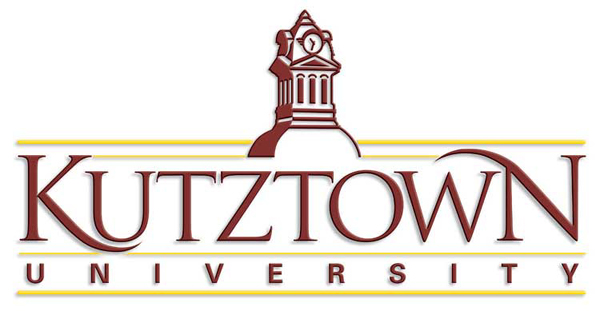KUTZTOWN, PA – Dr. Cynthia Stunkard, assistant professor of special education at Kutztown University, has received a sub-award agreement in Millersville University’s $399,719 grant sponsored by the National Science Foundation. The sub-award agreement is in conjunction Nanette Marcum Dietrich, professor of STEM education at Millersville University, and Katie Surra, instructor of water & environmental technology at Thaddeus Stevens College of Technology, to collaborate with Carolyn J. Staudt of The Concord Consortium and Steven C. Kerlin of the Stroud Water Research Center. The grant began on April 15, 2019, and will end on March 31, 2022.
The “Watershed Awareness Using Technology and Environmental Research for Sustainability” (WATERS) Project initially formed out of the successes of two other NSF projects titled “Teaching Environmental Sustainability: Model My Watershed” and “Supporting Collaborative Inquiry, Engineering, and Career Exploration with Water.” The goal of this project is to research, build and deploy a nationwide student-centered university accessible curriculum for learning water concepts and water career awareness.
The three states involved in the grant – Pennsylvania, Virginia and California – will each begin with one school district involved in the creation and implementation of the curriculum during the first year of the grant. For the second and third years of the grant, an emphasis will be placed on growing the capacity of the schools implementing the new curriculum in each state. Students will work directly with watersheds, with the Virginia schools working in the James River Watershed, Pennsylvania schools working in the Chesapeake Bay watershed, and Kutztown itself working in the Delaware watershed, to examine the healthiness of the water, the presence of microorganisms and various other aspects.
“I’m excited to work across State System schools with Millersville, in addition to the two organizations, to provide this service to schools nationwide so that all students can participate in lessons in the new curricula,” Stunkard said. “I’m also excited to be able work with people in various locations so that I can increase my knowledge in the area and develop my professionalism across organizations.”
Stunkard was invited to join the WATERS project as a co-primary investigator to apply principles from Universal Design for Learning (UDL), which will ensure that all lessons are accessible to all learners regardless of disability or ability level. Once the sequence of lessons is established, Stunkard will create a specific UDL piece for it so that all students can participate. The curricula will utilize hands-on, inquiry-based learning activities based on real national and local data to explore local watershed issues. The project will also create a classroom observation tool that teachers can use to assess student engagement, UDL supports, time on task and content understanding during inquiry instruction.
Because clean water goes practically unnoticed in everyday life, but water quality and access issues are on the front burner in many news outlets, it is crucial that awareness of these issues be increased. Many areas of the United States now suffer persistent water shortages. In almost every state, water resources are threatened by contamination from industry, agriculture, transportation, and other human activities. There are broad and daunting gaps in water careers looming on the horizon, and the need for increased participation in water careers is great. Addressing this vital need will require learners from all backgrounds to engage with water concepts and become aware of water careers of all types.
Fortunately, career opportunities exist at all levels and proven learning approaches stand at the ready. It is fortuitous, then, that suitable openings exist to enable all students to pursue STEM careers-at any level of education, including high school and certificate programs, technical college and apprenticeships, undergraduate, and graduate degrees-and that these opportunities are growing. Thus, the ultimate goal of the creation of the new curricula through the WATERS project is to increase student interest in STEM careers by broadening the populations of students who believe they have the ability and skills to pursue STEM careers.




